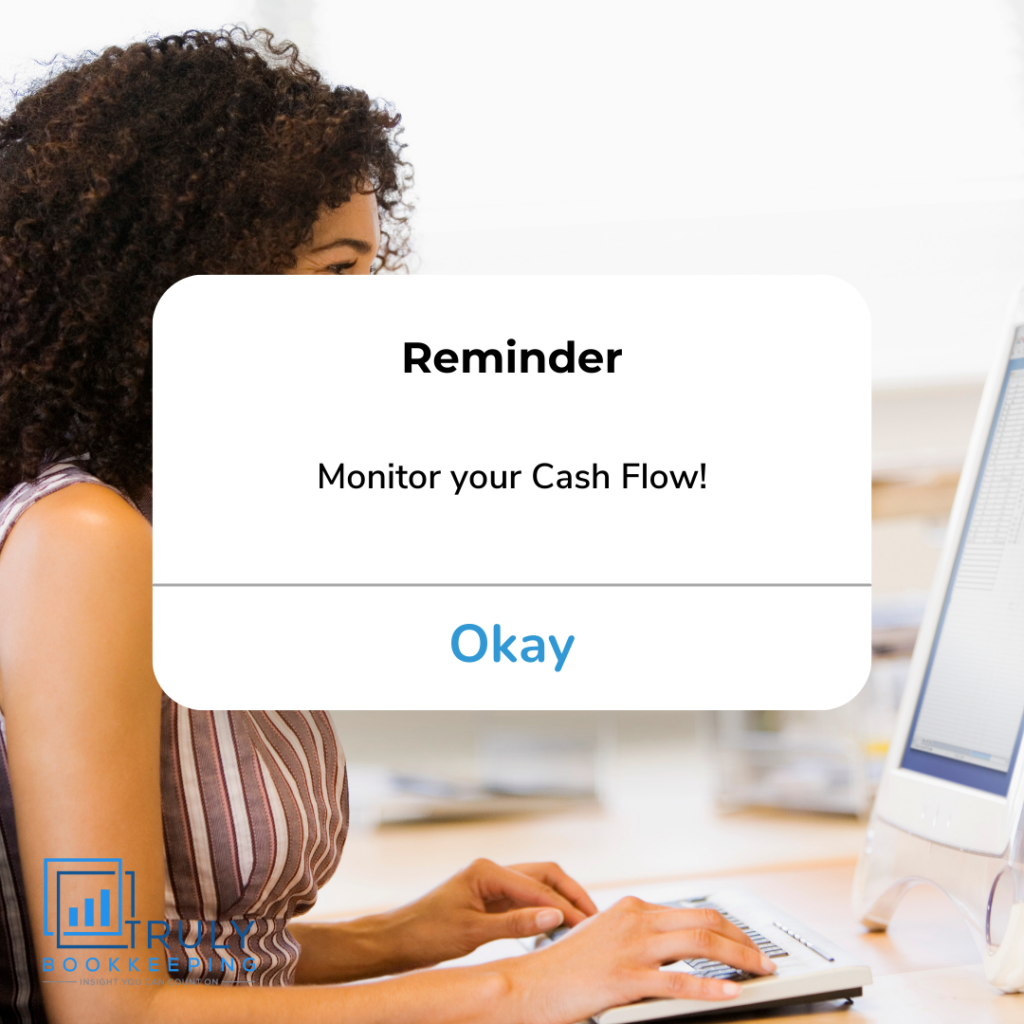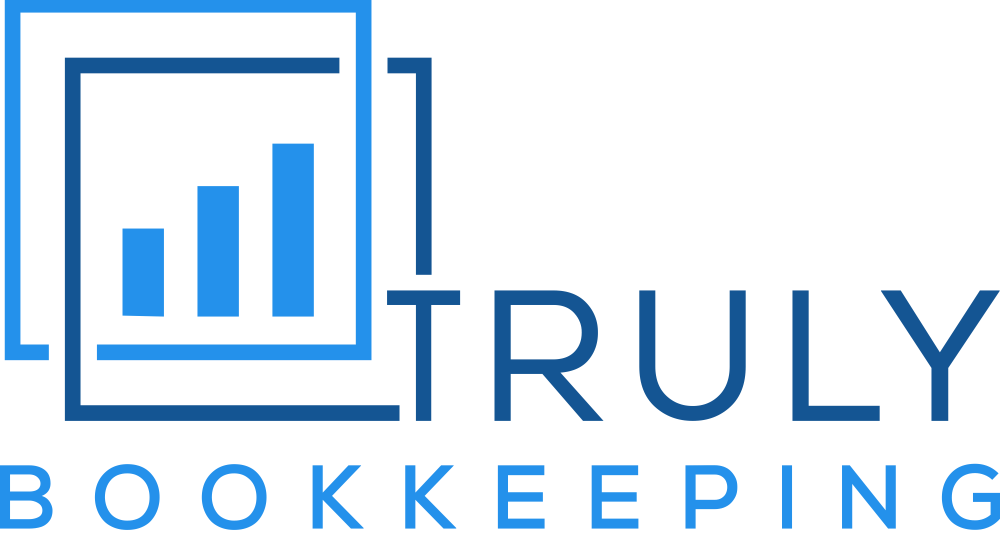Master your Finances: 5 Strategies for Managing Cash Flow

Master your Cash Flow with 5 Powerful Strategies
Cash flow is the lifeblood of any business, and managing it effectively is essential for the success and sustainability of a small business. Without proper cash flow management, a business can run into serious financial trouble, even if it is profitable. In this blog, we will discuss five strategies for managing cash flow in a small business.
Set up a Cash Reserve
One of the best ways to manage cash flow is to establish a cash reserve. A cash reserve is a sum of money that a business sets aside to cover unexpected expenses or dips in revenue. This reserve can help a business weather a financial storm without having to resort to loans or other forms of debt. Aim to set aside at least three to six months’ worth of expenses as a cash reserve.
Forecast Cash Flow
Forecasting cash flow is an essential aspect of cash flow management. It involves projecting a business’s cash inflows and outflows over a certain period, usually the next 12 months. By forecasting cash flow, a business can anticipate periods of cash shortages or surpluses and take steps to address them before they become a problem. Use historical data, sales forecasts, and expense projections to create a realistic cash flow forecast.
Negotiate Payment Terms with Vendors
Negotiating payment terms with vendors can help a small business manage cash flow more effectively. For example, negotiating longer payment terms or requesting a discount for early payment can help a business manage its cash flow more efficiently. Additionally, negotiating better pricing for raw materials or supplies can reduce expenses and improve profitability.
Monitor Invoicing and Collections
Keeping a close eye on invoicing and collections is critical for managing cash flow. Invoices should be sent promptly, and payment reminders should be sent as soon as a payment is past due. Offering incentives for early payment, such as a small discount, can also help encourage prompt payment. Additionally, consider using an invoicing and collections software to automate the process and streamline collections.
Reduce Expenses
Reducing expenses is another effective strategy for managing cash flow. Review your expenses regularly and look for areas where you can cut costs without sacrificing quality. For example, consider negotiating better pricing with vendors, reducing employee overtime, or finding ways to streamline processes. By reducing expenses, you can free up cash that can be used to cover unexpected expenses or invested back into the business.
Effective cash flow management is essential for the success of any small business. By setting up a cash reserve, forecasting cash flow, negotiating payment terms with vendors, monitoring invoicing and collections, and reducing expenses, a small business can manage its cash flow more efficiently and improve its chances of long-term success.
